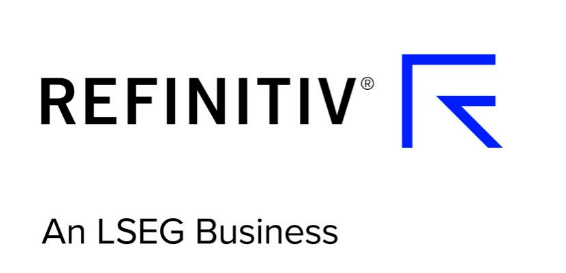Why recency bias could harm your investment goals
- 5 min reading time

Stock markets are cyclical and volatile by nature – reflecting supply and demand, investor confidence and underlying economic conditions – so investors who react to short-term changes can lose out. Data suggests that staying invested for the long-term is a better approach.
What you will learn
Keeping a clear head is one of the most important – and challenging – principles of investing, but when stock markets fall and the news headlines are filled with economic doom and gloom, it’s hardly surprising that investors feel nervous.
This uneasiness can be detrimental to your investment portfolio. Price swings in the stock market are often short-lived, so they aren’t a reliable indicator of how the market will perform next year, or even next week.
Yet, ignoring recent events is easier said than done. During a bull market, when share prices are rising, we tend to forget about the bad times and assume the market will keep going up. And during a bear market, when share prices are falling, investors become convinced the market will never rise again.
This phenomenon is known as recency bias – a behaviour where investors take too much or too little risk because they are focused on recent events at the expense of longer-term trends.
This can result in the investor missing out on share price gains or buying high quality, yet under-priced assets – or even a failure to diversify their portfolio
Recency bias in action
An example of recency bias could be seen during the volatility that followed events in 2008. Panicking about their losses and fearing the worst was yet to come, many investors sold at the bottom of the market, effectively locking in their losses.
Did you know?
In 2008, the FTSE All-Share recorded eight of its strongest days of the 10 years to 2017, despite market volatility at the time.
Investors thought they were protecting themselves from further financial damage, with many taking the view they could buy investments back at a later date more cheaply.
However, the memory of their loss lasted longer than the stock market’s fall and, before investors knew it, prices had started to bounce back. They had not only locked in losses, but had also missed out on the start of the recovery.
The danger of getting comfortable
The problem is that it’s incredibly difficult to predict movements in the market. Even experts can’t identify when prices have reached rock bottom. What’s more, stocks can be extremely volatile regardless of whether the market is in a bull or bear phase.
So, recency bias isn’t just a problem when stock markets are falling. During a bull market, it can be easy to assume share prices are going to keep rising forever. This occurred before the dot-com bubble burst in 2000, with many investors assuming the rapidly increasing stock prices would carry on indefinitely.
Investors are often tempted to keep buying stocks during a bull market. This results in them increasing the level of risk in their portfolio and failing to diversify across different asset classes. When a bear market hits, their portfolio is unprotected and they suffer a massive drop in value.
Taking a long-term approach
One of the best defences against recency bias is to take a long-term approach to investing. This avoids the temptation to try to predict movements in the market.
The proportion of shares you hold in your portfolio should reflect your approach to risk and financial goals, rather than any recent market movements. If particular investments increase or decrease in value, you may need to rebalance your portfolio.
You can do this by taking profits from the strongest performers and reinvesting the proceeds into the weaker performers. To learn more about how you can build a well-balanced investment portfolio, read our guide to blending assets.
Adjusting the assets in your portfolio also helps to ensure it stays diversified. By spreading your money across a variety of investments, including shares, bonds and cash, you’ll be less exposed to downturns in the stock market.
You could also think about making sure your portfolio is diversified across different sectors. Manufacturing, for instance, is one of the UK’s largest sectors, but in the five years following 2007, the industry entered recession three times.
Preparing for retirement
Recency bias is particularly dangerous if you’re nearing retirement. As an example, if you take on more risk during a bull market and prices subsequently crash, your investments could suffer a huge fall in value just before or immediately after you retire.
A big drop in the value of retirement funds prior to, or soon after, retiring can dramatically reduce the chances of your savings lasting your lifetime.
So, whatever your investment journey, keeping a cool head and staying focused on your long-term investment goals will help you to avoid impulsive decisions.
Risk notice
Any information provided should not be considered personal advice. Past performance is not a guide to future performance. You may not get back the full amount you invest. If you have any doubts about making your own investment decisions, seek financial advice.


























